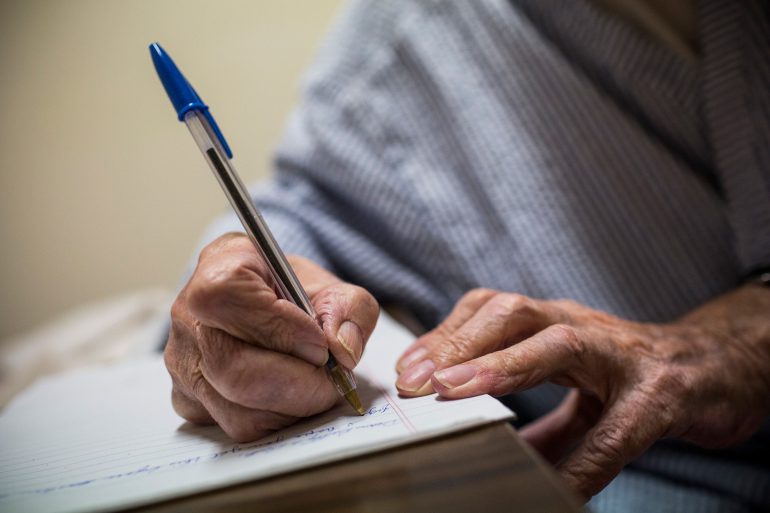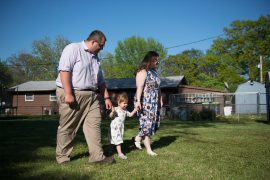Palliative-care counseling from trained specialists is not routinely needed for all families of patients with chronic critical illnesses and sometimes it might worsen their emotional distress, cautions a recent study.
Habitually providing scarce palliative care services to cases indiscriminately may be ineffective when the meetings are limited to just one or two sessions, reported researchers in the July 5 issue of JAMA.
Family caregivers were no less depressed or anxious when they received only routine counseling from staff members in intensive care units, researchers found. With further support and training, ICU teams could deliver primary palliative care for surrogate decision makers of some patients, they suggested.
Palliative care specialists provide information and emotional support to patients suffering from serious chronic illnesses, such as cancer and cardiac disease, and their families, to try to improve the quality of life for both.
Dr. Shannon Carson, the study’s lead author and the division chief of Pulmonary Diseases & Critical Care Medicine at the University of North Carolina’s School of Medicine at Chapel Hill, said ICU clinicians can provide palliative care when they have the experience, training and time, but time can be limited for physicians burdened by heavy caseloads.
The study compared two groups of families of patients with chronic critical illnesses who had been on mechanical ventilators for a week. One group participated in two structured meetings for information and emotional support with teams of specialists — a palliative care physician, a nurse practitioner, possibly along with chaplains and social workers — and also received normal counseling from ICU staff. The second group only had routine family meetings with ICU teams.
Three months later, researchers found no significant difference in anxiety and depression symptoms between the groups, but the meetings with palliative care specialists “may have increased post-traumatic stress disorder symptoms,” they reported.
“When informational support provided by the primary team is sufficient, additional focus on prognosis may not help and could further upset an emotional family,” researchers said.
There were no significant differences between the groups for other patient outcomes, such as their length of stay in the ICU, limitation of ICU treatments and discharge disposition.
The researchers suggested future research on ICUs that identify family decision makers at most risk for poor emotional outcomes and target palliative care services to their specific needs.
For one palliative care physician, the study in JAMA reinforced how much baseline palliative care has improved in ICUs.
Families often face information overload by meeting with many different doctors or teams, said Dr. Joe Rotella, the chief medical officer at the American Academy of Hospice and Palliative Medicine.
Resources are better spent identifying the families that can benefit from additional meetings with a palliative care clinician, he said, such as when they disagree about their loved one’s wishes or what the goals of care should be.
Rotella also looks for signs of emotional or spiritual distress and when he sees them, he brings a palliative chaplain into the discussion.
“If we’re there to take care of whole human beings and their loved ones, we have to recognize that suffering is more than just physical,” Rotella said.
The study was conducted at four sites: Mount Sinai Medical Center, New York, N.Y.; University of North Carolina Hospitals, based in Chapel Hill, N.C.; and Duke University Medical Center, and Duke Regional Hospital, both in Durham, N.C.
The Gordon and Betty Moore Foundation helps fund KHN’s coverage of end-of-life and serious illness issues.







